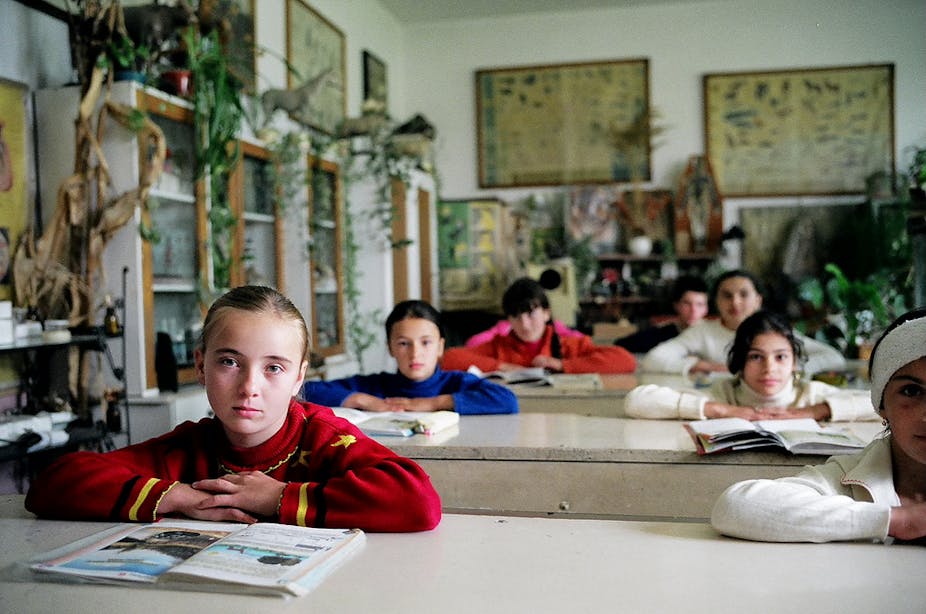There is an assumption that children perform better amongst highly achieving peers. High class achievement might be thought to indicate better teaching, or to induce academic competition between students. However, new research counters this common assumption.
Felix Weinhardt and Richard Murphy, from the Centre for Economic Performance (CEP) at the London School of Economics, analysed administrative data of over 2.3 million English schoolchildren. This data was used to assess how primary school rank affected later exam results. Pupils were compared on leaving primary school at KS2 (aged 11) and at secondary school KS3 (aged 14).
Imagine two primary school pupils of a the same ability. One is at the top of a class, whereas the other is in the middle, at a better performing school. The results find that the first student performs better at secondary school, implying the significance of rank - and confidence.
The scale of the effect is large if you look at it in the context of recent education studies. The teacher effect literature, for example, says a teacher who is one standard deviation better than the average can improve test scores by one point on a one to 100 scale. “We find that moving up one standard deviation in rank similarly improves test scores,” said Weinhardt. “That’s why we say the rank effect is comparable to being taught by a good teacher.”
Another way to think about the scale of the effect, Weinhardt explained, is that “moving up half the rank distribution in primary school - from the middle to the top of the class - is equivalent to about three extra month of schooling.”
In boys this effect is significantly more pronounced. The study indicates that boys gain four times more in later test scores from being top of the class, compared to girls. Boys were also more affected by being ranked below the median level. Being ranked below average tended to cause boys to underachieve at KS3.
Tina Rampino, a research student at the University of Essex, commented on why this gender difference is so pronounced. “Boys and girls are brought up to socialise differently,” she said. “Girls tend to be taught to behave, and they tend to be under stricter parental supervision. Therefore, they tend to do better in school. Boys, on the other hand, are brought up to be more competitive than girls.”
Sending your children to the “best” school, particularly in the case of boys, is therefore perhaps not the best idea.
The research is mostly relevant on an individual level. “Of course, whatever way you organise classes,” Weinhardt said, “half the students are going to lose out. It is the local comparisons that matter. What our research reveals is the importance of motivational confidence issues in education.”
“Drawing attention to rank is highly beneficial in the case of some children and in others, not. Sometimes you should compare students, and sometimes you shouldn’t. Parents and teachers should be more aware of this, and consider different ways of building up confidence.”

